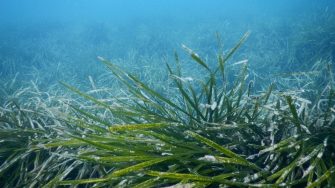
Synopsis
The valuable ecosystem services provided by marine plants such as seagrasses are threatened by global habitat-loss. Despite efforts to improve seagrass management and restoration, outcomes are often poor. One of the critical reasons for this is that we still lack fundamental knowledge on how below-ground processes control seagrass health. Research from our lab is showing that root microbes influence seagrass response to stressors such as temperature and nutrients. But key questions that remain to be answered include; ‘where do seagrasses get their microbes from?; and, do they get them from the sediment they are in or do microbes get transferred from plant to plant? Addressing these questions will help resolve how we can use microbes to enhance restoration success.
Aims
In this project you will use experimental ecology to investigate where roots from the seagrass Zostera muelleri get their microbes from – sediments or other plants.
Student benefits
Through this project you will learn how to design and carry out experimental marine ecology, develop skills in the manipulation, sampling and analyses of microbial communities and conduct world-leading research that will advance our understanding of marine plant ecology. You will also get to work alongside a large national and international team of students and researchers and environmental managers.
Supervisors: Prof. Paul Gribben and A/Prof Ziggy Marzinelli
